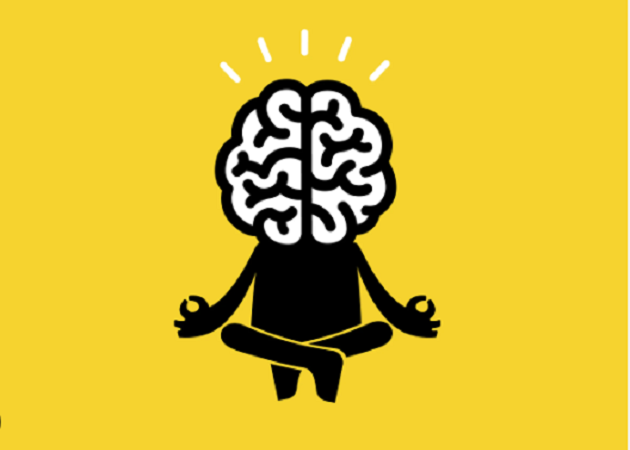The Essential Guide to Self-Care: 8 Practices to Nourish Your Body, Mind, and Soul

In the hustle and bustle of modern life, it’s easy to get caught up in the daily grind and neglect our well-being. However, prioritising self-care is essential for maintaining a healthy balance and overall happiness. Self-care is not selfish; it’s a vital aspect of nurturing your body, mind, and soul. In this article, we will take through a comprehensive guide to eight practices that can help you cultivate a deeper sense of self-care.
1. Nutrition
Nutrition is another fundamental form of self-care, as it provides the energy and nutrients that the body and the mind need to function optimally. Nutrition also influences one’s mood, emotions, and mental health. Therefore, it is important to eat a balanced and varied diet, that includes plenty of fruits, vegetables, whole grains, lean proteins, healthy fats, and water.
2. Regular Exercise
Exercise is a powerful and effective form of self-care, as it benefits both the body and the mind. Move your body regularly to support physical and mental health. Find activities that you enjoy, whether it’s yoga, walking, swimming, or dancing. Exercise releases endorphins, which can boost your mood and reduce feelings of stress and anxiety.
3. Quality Sleep
Sleep is one of the most basic and essential forms of self-care, as it affects every aspect of one’s health and well-being. Sleep is vital for the proper functioning of the brain, the immune system, the metabolism, and the mood. Sleep also helps with memory, learning, creativity, and problem-solving. Following a regular and healthy sleep schedule to create a comfortable and relaxing sleep environment.
4. Connection
Connection is a vital and rewarding form of self-care, as it fulfills one’s need for belonging, support, and love. Connection can also help one cope with and overcome challenges, difficulties, and loneliness. It is important to cultivate and maintain positive and meaningful relationships, with family, friends, partners, colleagues, and others.
5. Learning
Learning challenges and improves one’s cognitive abilities, such as memory, attention, and reasoning. Learning can also increase one’s curiosity, creativity, and motivation, and can also open up new opportunities and possibilities. Therefore, it is important to pursue lifelong learning, by reading, taking courses, attending workshops, watching documentaries, and exploring new topics and fields.
6. Relaxation
Relaxation is a crucial and beneficial form of self-care. It helps one cope with and recover from the stress and pressure of everyday life. Relaxation can calm the nervous system, lower the blood pressure and heart rate, and relax the muscles and the mind. Therefore, it is important to practice relaxation techniques, such as deep breathing, meditation, yoga, tai chi, massage, aromatherapy, and music.
7. Gratitude
Gratitude is a positive and uplifting form of self-care, as it helps one appreciate and acknowledge the good things and the good people in one’s life. Gratitude can also enhance one’s mood, optimism, and satisfaction, and can also reduce one’s stress, negativity, and resentment. Gratitude also improves one’s relationships, health, and happiness. It is also important to be grateful for oneself, for one’s strengths, achievements, and growth.
8. Self-compassion
Self-compassion is a healing and empowering form of self-care, as it helps one treat oneself with kindness, understanding, and forgiveness. Self-compassion can also help one cope with and overcome one’s flaws, failures, and difficulties, and can also enhance one’s self-esteem, self-confidence, and self-acceptance. Self-compassion can also foster one’s resilience, growth, and happiness.




